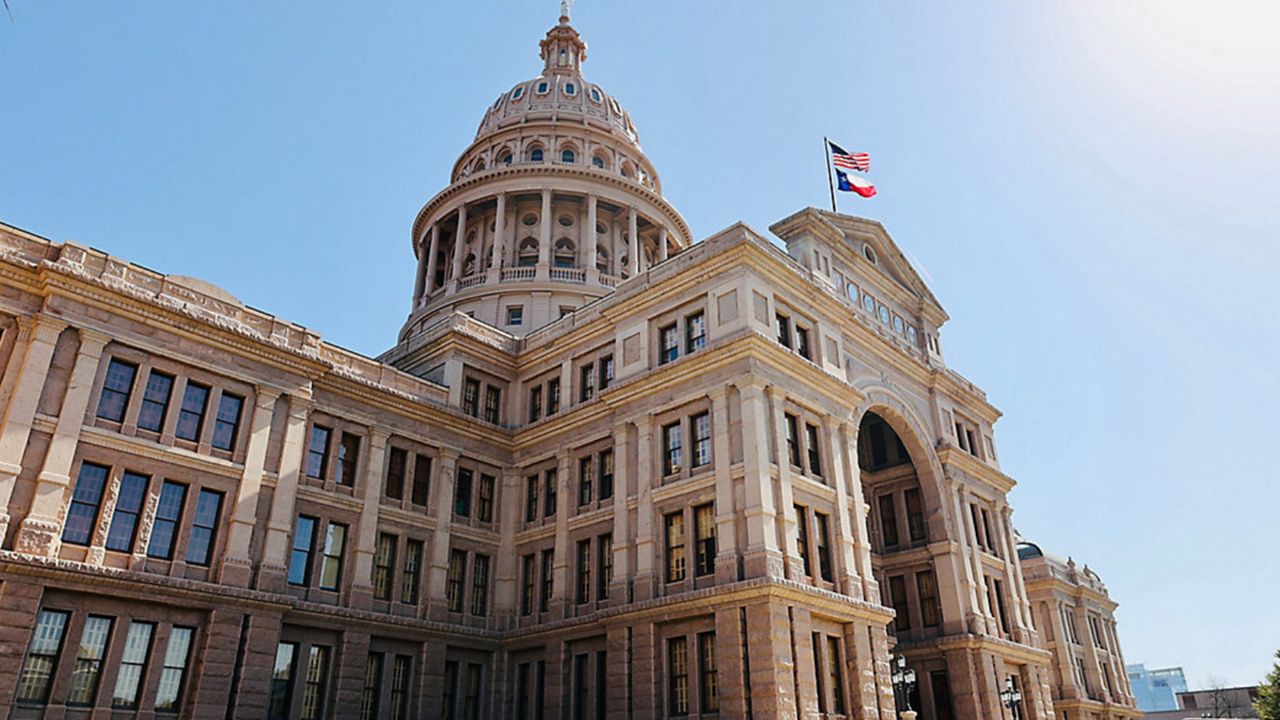The Texas oil-and-gas economy, along with sales tax, has been exceptionally good in the last two years, building $27 billion in excess revenue for the upcoming budget.
That means, automatically, more money for Texas highways and more funds to the state’s so-called Rainy Day Fund, or savings account. It also could mean some additional spending on budget priorities or potential property tax cuts.
Various budget caps will prevent Texas lawmakers from spending all that money, without a super-majority vote. Lt. Gov. Dan Patrick, and potentially most of the conservative Texas Senate, wants to put an additional $4 billion into property tax relief. That would increase the homestead exemption to $60,000.
“I have always believed returning money back to taxpayers does not grow government,” Patrick said. “Every member of the Texas Senate will have ideas on how this additional revenue should be spent, and I will give them full consideration. However, I believe, first and foremost, any surplus should first go back to the taxpayers of Texas.”
Ultimately, Patrick wants a $100,000 homestead exemption. The wind may be at his back because property tax relief will not count against mandatory budget caps. That homestead exemption will not be extended to owners of other types of housing, such as apartment complexes.
The House Democrat Caucus also is in favor of increasing the homestead, but with the caveat that other budget areas also need attention.
“It is equally important that we invest in our infrastructure, health care system and neighborhood schools,” said Chair Rep. Chris Turner, D-Arlington. “This revenue increase gives us a chance to improve the lives of every Texan and work toward real solutions to the most critical issues facing our state.”
The Texas School Coalition, in its own statement, argued for more educational spending, arguing that Texas is flush because it’s the state — not local school districts — that are reaping the benefit of higher property values.
The higher the value of homes, the less the state has to spend on education, said Christy Rome, executive director of the Texas Schools Coalition. Recapture — the money property-wealthy school districts send back to the state to support property-poor school districts — is at an all-time high of $3 billion.
Over in the Senate, Patrick also is committed to suspending the gas tax for the remainder of 2022; allocate “funding to continue to pay for teacher raises;” and provide another 13th check for retired teachers.
That last priority probably won’t sit well with retired teachers, who would prefer to see a more lasting cost-of-living adjustment. During testimony before Senate Finance, Texas Retired Teachers Association Executive Director Tim Lee noted that recent inflation has taken a huge toll on teacher pensions.
Many older teacher retirees live on an average of $2,000 a month. Most are unable to claim any retirement benefits from the Social Security system.



